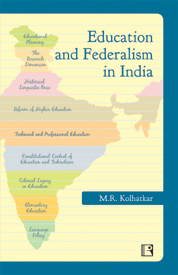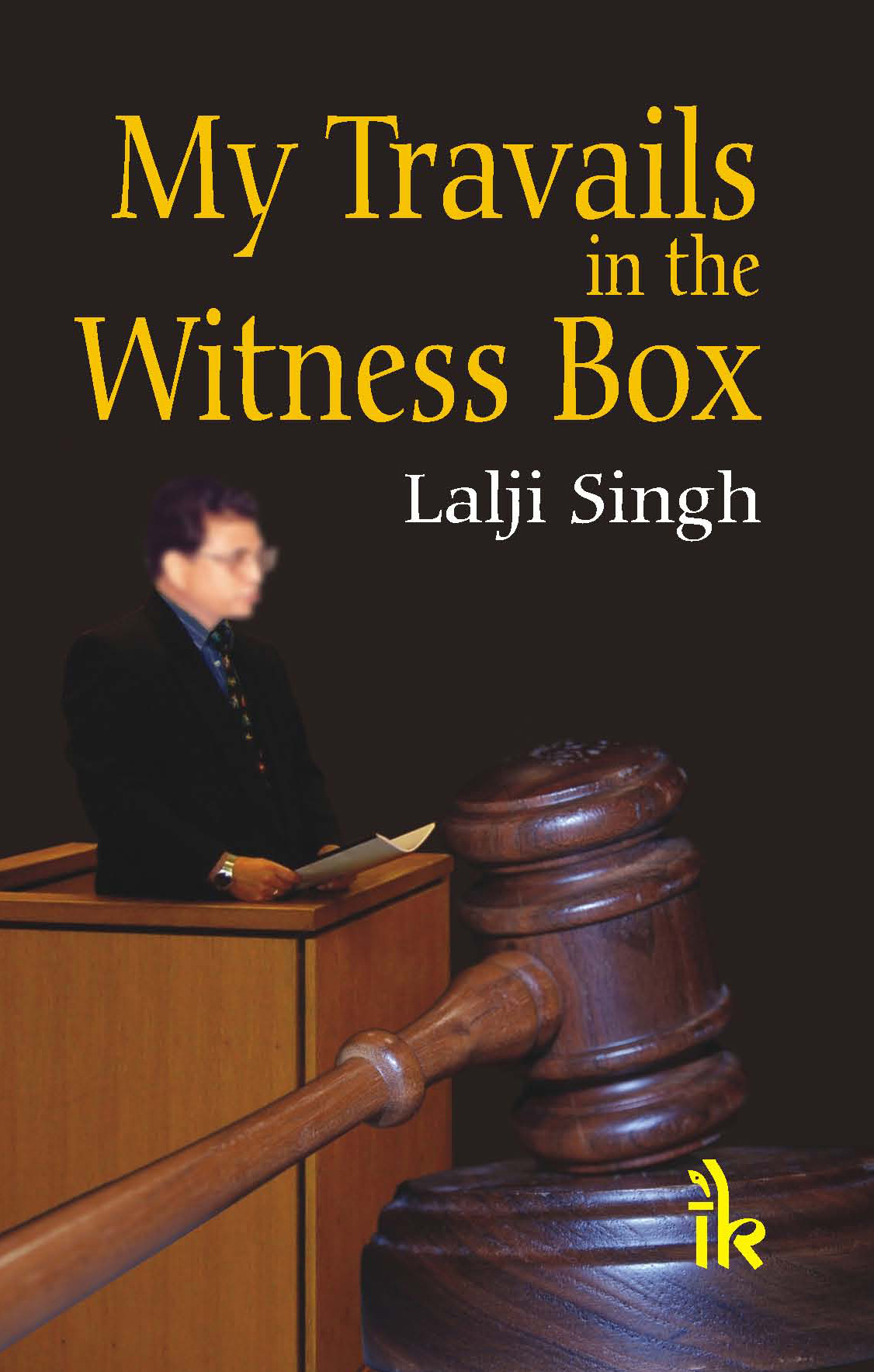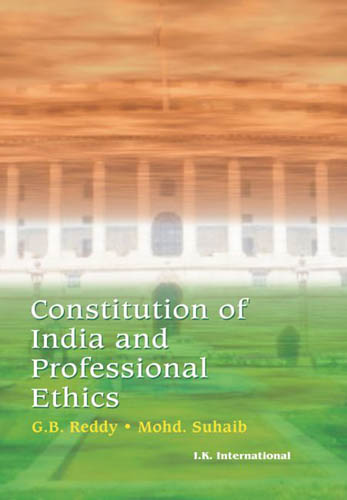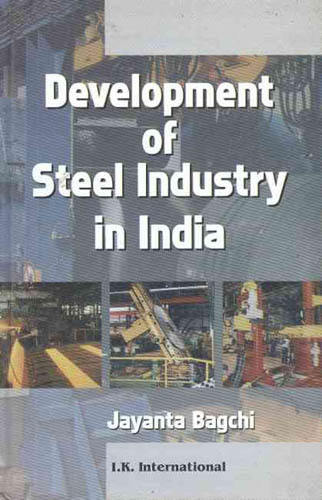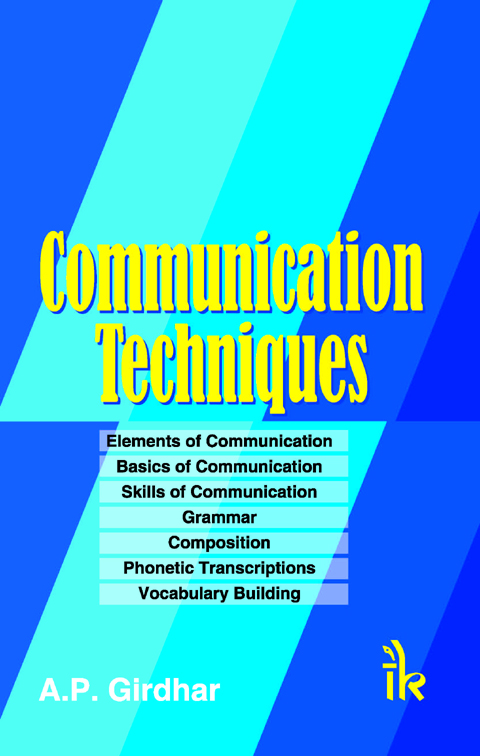Education And Federalism In India
By M.R. Kolhatkar(Author)
As India enters the twenty-first century, education as the master determinant of development has assumed unprecedented importance. Universalization of elementary education is the focus of the Right to Education Act and implemented in terms of the constitutional amendment which has also made childhood care and education (pre-primary education) a Directive Principle of the State Policy. There is also the talk of the demographic dividend which India can meaningfully earn in the next twenty-five years if only the working age population is imparted the requisite skills which pre-supposes near-univeralization of secondary and higher secondary education. At the same time, India as a participant in the World Knowledge Economy is required to vamp up its higher education participation rate of the relevant age group population from about 10–12 per cent to 15–20 per cent implying not only mass higher education but also scaling up its research capacity and research output in terms of scientific papers and patents. Thus, all stages of education from the nursery stage to the nuclear research stage, so to say, have to be emphasized simultaneously.But then educational pre-requisites are to be accomplished within the political framework of the parliamentary federalism entailing the cooperation of India’s two dozen states and half a dozen union territories. Education under India’s Constitution is a concurrent subject in which both the State and the Centre can legislate. Educational performance in India which would determine India’s economic performance is therefore crucially modified by centre-state relations.Education vis-à-vis Indian federalism is therefore a vitally important but rather neglected arena. There are a few studies of Indian federal experience in higher education but none of them covers the gamut of the various sub-areas of education. This book, therefore, fills crucial gap in the academic literature on the subject
